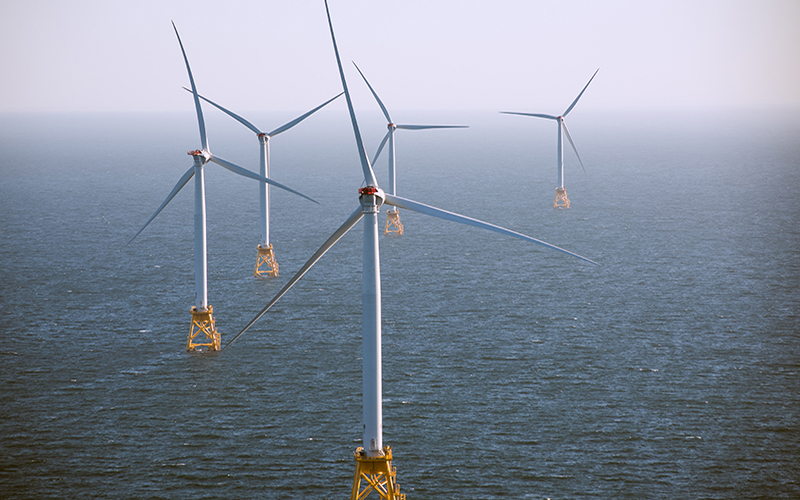New legislation enabling offshore wind projects in Atlantic Canada has received Royal Assent from the Canadian government and is now active.
Bill C-49 expands the responsibilities of offshore boards in Nova Scotia and Newfoundland and Labrador to include renewable energy projects, ensuring a unified regulatory approach in federally and provincially managed areas.
“Bill C-49 enables Atlantic Canada to seize the generational economic opportunity presented by offshore renewable energy. It will strengthen the economy, enable the creation of thousands of jobs and attract billions in investments in Nova Scotia and Newfoundland and Labrador,” said Canada’s Minister of Energy and Natural Resources, Jonathan Wilkinson.
The law supports offshore wind development in Nova Scotia and Newfoundland and Labrador. As part of the Atlantic Accord, both provinces are required to enact similar legislation. Nova Scotia has already done so.
The province plans to launch a competition next year for offshore land leases, aiming to install wind turbines to generate 5 GW of power—sufficient for approximately 1.5 million homes.
“Investors are lining up to harness our wind power and produce clean energy for green hydrogen and other uses. Now that this bill has passed, along with our provincial mirror legislation, we are well on our way to developing our offshore wind industry with our federal partners, starting with issuing our first call for bids next year,” stated Tory Rushton, Minister of Natural Resources and Renewables, Government of Nova Scotia.
In Newfoundland and Labrador, the Canadian government funded a project using floating wind turbines to power oil and gas assets in 2021, among several others aimed at reducing greenhouse gas emissions from offshore oil and gas operations.
Bill C-49 introduces amendments to the Accord Acts to establish a framework for developing offshore renewable energy.
It also renames the Canada-Nova Scotia Offshore Petroleum Board to the Canada-Nova Scotia Offshore Energy Regulatory (CNSOER) and the Canada-Newfoundland and Labrador Offshore Petroleum Board to the Canada-Newfoundland and Labrador Offshore Energy Regulator (C-NLOER).
The mandates of both regulators are expanded to oversee offshore renewable energy projects.
Original Story at www.offshorewind.biz
